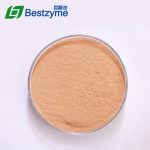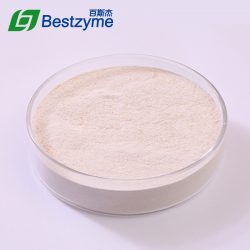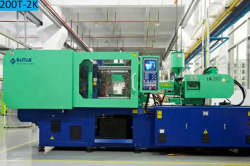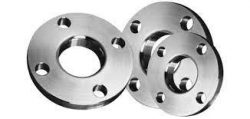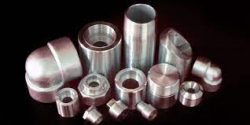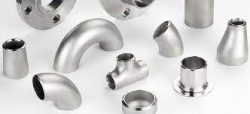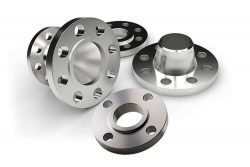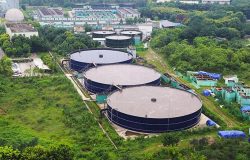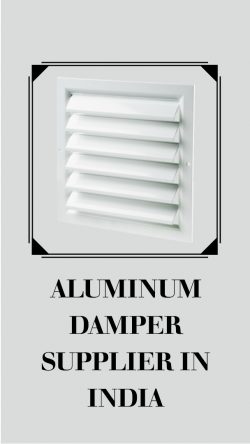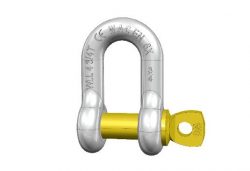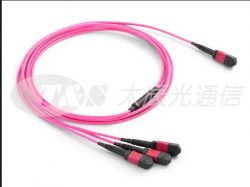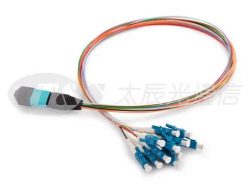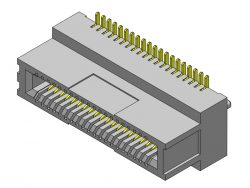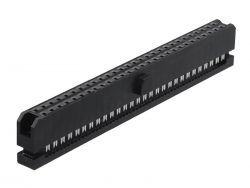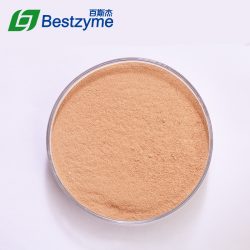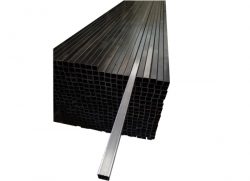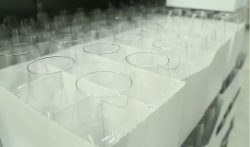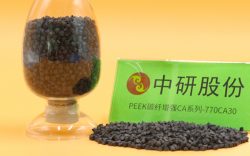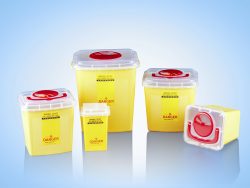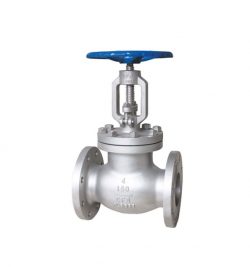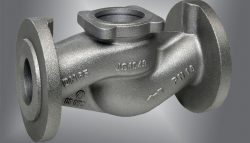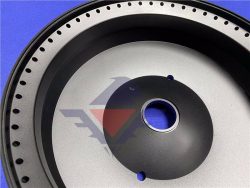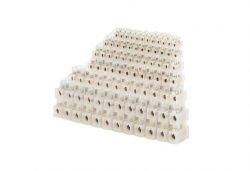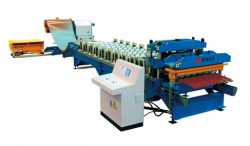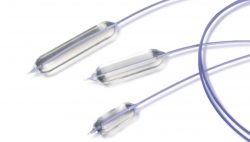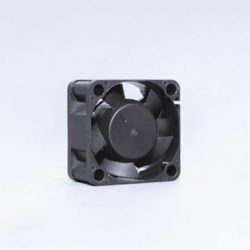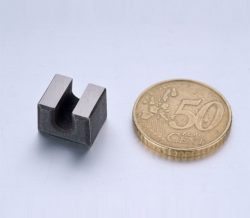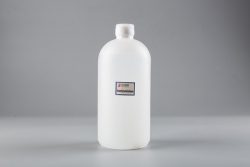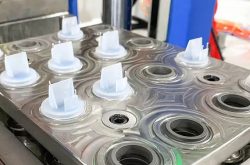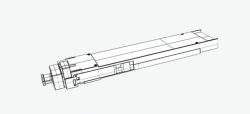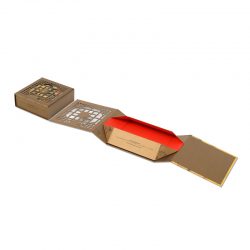Protease
Protease could hydrolyzes protein. It can efficiently hydrolyze the protein in feed materials and improve the utilization rate of protein. At the same time, it has a good degradation effect on protein anti-nutritional factors such as antigen protein.
Keratinase
Keratinase is a kind of alkaline serine protease which can efficiently open disulfide bonds. It not only improves the digestibility of protein in soybean meal, but also has a good degradation effect on gliadin in corn, wheat, DDGS and other raw materials. It is a kind of protein with wide applicability.
Acid Protease
Acid protease plays an improtant role in the animal’s stomach and can cooperate with pepsin to act on the protein in feed raw materials.
Neutral Protease
Neutral protease is a kind of protease which works in pH neutral environment. It mainly plays a role in the small intestine of animals, and can cooperate with trypsin to act on the protein in feed raw materials.
Alkaline Protease
Alkaline protease is a kind of protease which works in neutral to alkaline environment. It mainly plays a role in animal intestinal tract and can cooperate with trypsin to act on protein substrate in feed raw materials.
FAQs Of Protease
Why protease should be used in feed?
A:
①Supplement endogenous digestive enzymes. The digestive system of young livestock and poultry is not fully developed, and the secretion of endogenous proteases is insufficient. The current breeding mode also causes the secretion of digestive enzymes to be inconsistent with the demand; in addition, the types of endogenous proteases are insufficient. There is no corresponding enzyme to decompose alcohol soluble protein, keratin, etc., so extra addition is required.
②Reduce costs. Expanding the use of unconventional raw materials reduces the pressure on formula costs for enterprises, while effectively increasing the digestibility of feed protein, improving animal production performance, and increasing economic benefits for farmers.
③Improve the breeding environment. Protease improves the digestion and absorption rate of protein in raw materials. On the one hand, it reduces ammonia emissions, improves the environment of the livestock farms, and reduces the incidence of respiratory diseases. On the other hand, it also reduces the nitrogen pollution caused by breeding.
Will the exogenous addition of protease affect the animal’s own protease secretion?
A:
The effect of adding exogenous protease on the activity of endogenous enzymes in the digestive tract of animals is affected by multiple factors such as animals (type, physiological stage, age), feeding environment, diet type, etc. The mechanism is very complicated. Most studies have shown that the addition of exogenous proteases can stimulate or promote the secretion of endogenous enzymes in animals, but there are also individual studies that show that the addition of low doses of exogenous enzymes promotes the secretion of endogenous enzymes in the digestive tract of animals, while high doses Exogenous enzymes have a certain inhibitory effect on the secretion of endogenous enzymes in the digestive tract of animals. Some studies (Inborr, 1990) believe that feed enzyme preparations are generally fermented by microorganisms, and have no homology with endogenous enzymes secreted by the digestive tract of animals, and so-called “feedback inhibition” is unlikely; There is a complementary relationship between the restriction site of the source digestive enzyme and the restriction site of the endogenous digestive enzyme, which not only does not inhibit, but also has a synergistic effect.
How to choose the right feed protease?
A:
Considering the physiological characteristics of animals and the composition of feed ingredients, when selecting feed protease, we should pay attention to following details:
① The right protease should have restriction sites that are complementary to the endogenous proteases so it can degrade the proteins that cannot be hydrolyzed by the endogenous enzyme;
② The optimal reaction conditions are consistent with the conditions of the animal’s digestive tract, so the protease can effectively degrade the substrate in vivo;
③ A wide range of applicable substrates, capable of degrading various animal and plant raw material proteins (nutritive and anti-nutritive);
④ It has good heat resistance and can be applied to the preparation of pellet feed;
⑤ Not affected by trypsin inhibitor;
⑥ There is no antagonism with other enzyme preparations.


